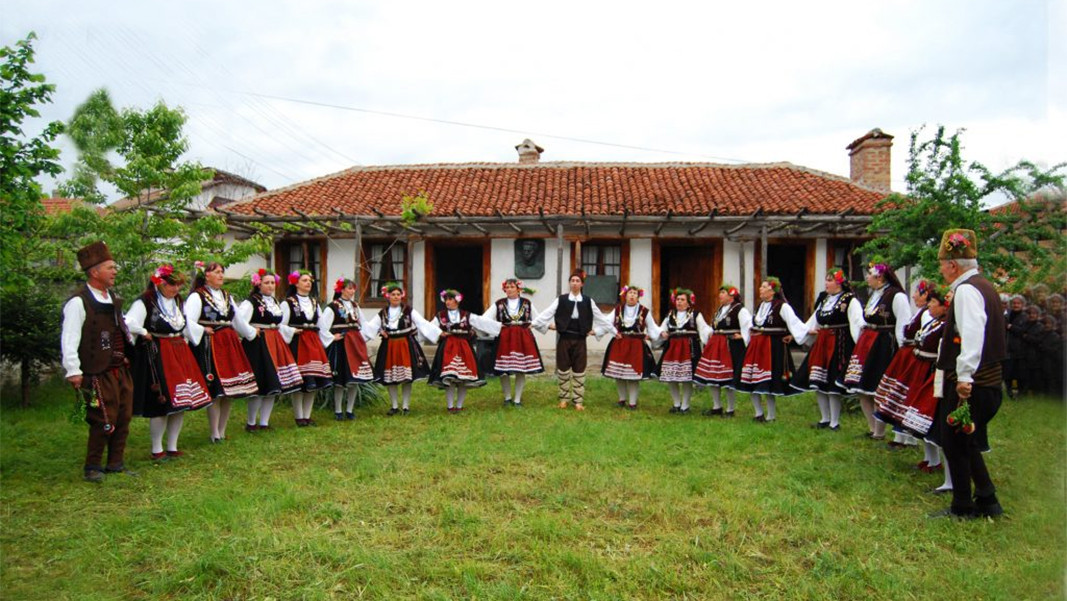

All Bulgarian masquerade games originate from the ancient rituals related to the birth of the sun around Christmas. With the adoption of Christianity, in order not to defile the newborn God, the custom was blurred. In the western..
The Roma community in Bulgaria is celebrating Vasilyevden /or Vasilitsa, Bango Vasili (literally the Lame Vasil)/, also known as the Roma New Year , reports the Amalipe Foundation. The Roma New Year combining in its traditions Christmas with St...
Today is Babinden (Midwives' Day) - one of the most beloved and authentic Bulgarian holidays deeply rooted in local folk tradition . Celebrated on 8 January in the new style calendar and January 21 in the old style, it is dedicated to the women who used..

+359 2 9336 661
